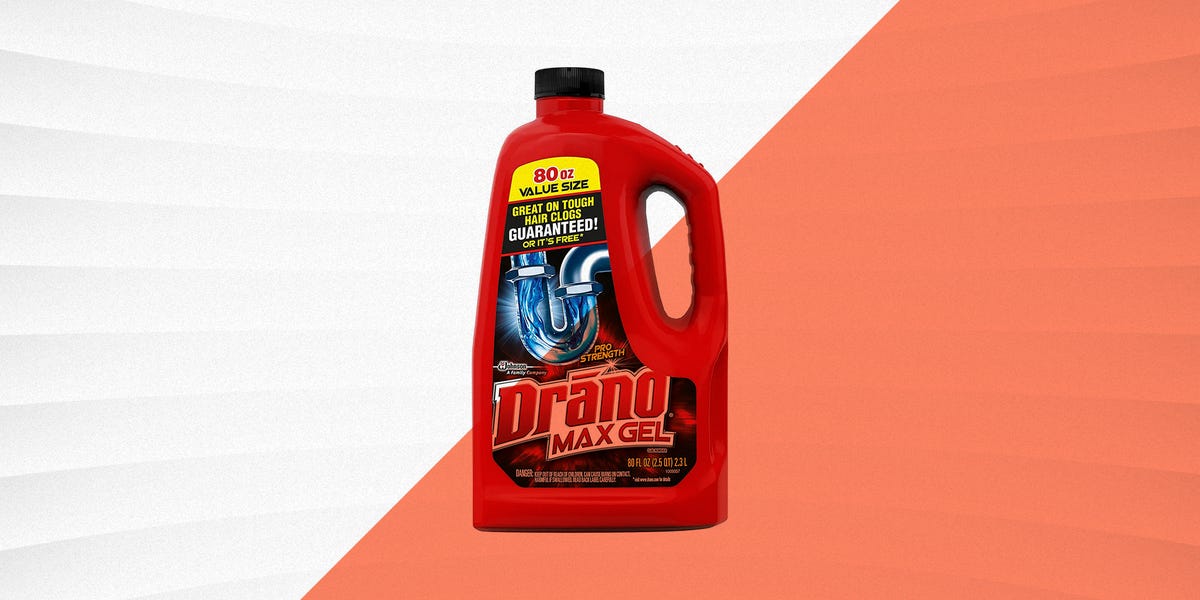Type
Not only do drain cleaners come in different formulas, like gels and liquids, but they also have different ingredients. Chemical cleaners are very effective, yet many of these heavy-duty drain cleaners include harsh chemicals to break through clogs. That means wear on your pipes, so make sure to only use a chemical drain cleaner when the situation really warrants it.
Natural cleaners use enzyme and culture makeups to clean drains, which makes them safer for the environment but slower to unclog. If you have the time to wait, enzyme cleaners wear less on your pipes. That said, they may be less effective than their chemical counterparts.
Use
While a lot of drain cleaners are used for general household use, some target specific drains like a kitchen sink with a garbage disposal. It’s best to select a drain cleaner for the specific intended use, so you know it’s compatible with the plumbing below and likely to work well.
Never use chemical drain cleaners to unclog your toilets, either (it won’t work, and it’ll get stuck in the pipes). If you’re just looking to maintain your drain cleanliness, we recommend enzyme cleaners over chemical drain cleaners meant for grease and hair. If you have a big clog, a natural cleaner may bring more frustration than functionality, so we recommend a heavy-duty solution.
Time
All cleaners have a different time frame for when they work the most efficiently—some are fast-acting, with tangible results in as little as 15 minutes. Others require several hours (during which you shouldn’t flush anything else down the drain) and need to sit for awhile in order to really attack all the grime and grease in your drain. Make sure you read the label and instructions for each drain cleaner as the slight variance in application may change its effectiveness.
£



